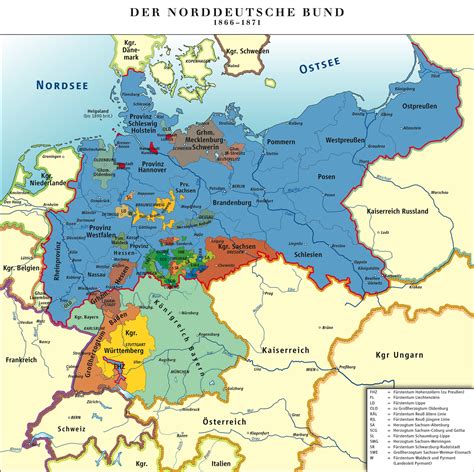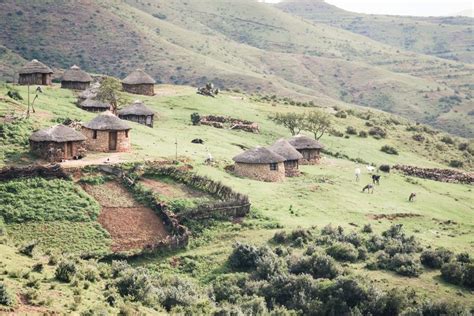Discover the early settlement, European exploration, colonial impact, independence movement, and modern developments in Tuvalu. Explore the rich history of this Pacific island nation.
Early Settlement of Tuvalu
Contents
Tuvalu, a small island nation in the Pacific Ocean, has a rich history of early settlement by Polynesian people. The islands of Tuvalu were first settled around 3000 years ago by seafaring people from Southeast Asia. These early settlers were skilled navigators and sailors, who used their knowledge of the stars and ocean currents to explore and settle the remote islands of the Pacific.
The early settlers of Tuvalu developed a unique culture and way of life, based on fishing, farming, and trading with other islands. They built traditional thatched houses, known as fale, and practiced traditional customs and ceremonies. The islands were governed by chiefs, who held authority over their respective communities.
Over the centuries, the people of Tuvalu developed a strong connection to the land and the sea, and their lives were closely intertwined with the natural environment. They relied on the resources of the ocean and the land for their sustenance, and developed a deep understanding of the ecology of their islands.
The early settlement of Tuvalu was characterized by a strong sense of community and cooperation among the different island communities. The people of Tuvalu lived in small, close-knit villages, and worked together to build and maintain their homes, cultivate their crops, and fish in the surrounding waters.
Despite the challenges of isolation and limited resources, the early settlers of Tuvalu created a thriving and vibrant society, which laid the foundation for the modern nation of Tuvalu.
European Exploration of Tuvalu
The European exploration of Tuvalu began in the 16th century, with the arrival of Spanish explorers. It is believed that the first European to see Tuvalu was Alvaro de Mendana in 1568. He named the islands the Islas de Jesus (Islands of Jesus). However, the Spanish did not establish any permanent settlements in Tuvalu.
It was not until the 18th century that other European powers, such as the British and the French, began to show interest in Tuvalu. During this time, the islands were marked on maps as the dangerous islands because of the difficulty in navigating the coral reefs that surround them. This made Tuvalu a less attractive prospect for colonization compared to other Pacific islands.
In the 19th century, the United Kingdom declared Tuvalu a British protectorate. This allowed for greater European influence in the region, particularly in terms of trade and missionary activities. The islands were eventually incorporated into the British colony of the Gilbert and Ellice Islands (now separate nations) in 1916.
The European exploration of Tuvalu had a lasting impact on the island nation. This period of exploration and colonization brought about significant changes to the traditional way of life and governance in Tuvalu. It also shaped the cultural, political, and economic landscape of the nation, influencing it to this day.
Impact of Colonialism on Tuvalu
Colonialism had a profound impact on the history and development of Tuvalu. The arrival of European colonizers in the 19th century brought significant changes to the social, political, and economic landscape of the islands. Prior to European contact, Tuvalu was a collection of independent atolls with a traditional system of governance. However, the arrival of European powers such as the British and Germans led to the imposition of colonial rule and the introduction of Western institutions.
Under colonial rule, the indigenous population of Tuvalu experienced significant disruptions to their way of life. European powers imposed their own systems of governance, often disregarding the traditional leadership structures of the islands. This led to a loss of autonomy and self-determination for the Tuvaluan people, as decisions about their land, resources, and governance were made by colonial authorities.
Furthermore, colonialism brought about significant changes to the economic and environmental dynamics of Tuvalu. The exploitation of natural resources, such as copra and fish, for the benefit of the colonial powers led to environmental degradation and economic dependency. The introduction of cash crops and the establishment of plantations disrupted traditional subsistence practices and led to unequal distribution of wealth within the islands.
The impact of colonialism on Tuvalu also extended to the realm of culture and identity. European powers sought to impose their own cultural norms and values on the indigenous population, leading to the erosion of traditional practices and beliefs. The imposition of Western languages, education systems, and religious practices further contributed to the loss of cultural autonomy for the Tuvaluan people.
In conclusion, the impact of colonialism on Tuvalu has been profound and far-reaching. The legacy of colonial rule continues to shape the social, political, and economic dynamics of the islands, and efforts to address the repercussions of colonialism are ongoing as Tuvalu seeks to assert its independence and preserve its cultural heritage.
Tuvalu’s Independence Movement
The independence movement in Tuvalu was a significant period in the history of the country as it sought to break away from colonial rule and establish itself as a sovereign nation.
During the late 1960s and early 1970s, Tuvaluans began to assert their desire for self-governance and the right to determine their own future. This movement was fueled by a growing nationalism and a desire to preserve the cultural identity of the Tuvaluan people.
One of the key milestones in the independence movement was the formation of the Tuvalu Local Government Council in 1977, which paved the way for political autonomy and eventual independence from British colonial rule. This period was marked by political activism and a push for greater self-determination.
In 1978, Tuvalu achieved full independence from the United Kingdom and became a sovereign nation. This momentous occasion was celebrated by the Tuvaluan people as a triumph of their national spirit and determination to chart their own course.
Modern Developments in Tuvalu
Modern Developments in Tuvalu have been greatly influenced by its small size, limited resources, and geographical isolation. As a small island nation in the Pacific, Tuvalu faces numerous challenges in terms of sustainable development, economic growth, and environmental protection. Despite these challenges, the government and people of Tuvalu have made significant strides in modernizing the country and improving the lives of its citizens.
One of the key modern developments in Tuvalu is the focus on renewable energy and sustainability. Given its vulnerability to climate change and rising sea levels, Tuvalu has been actively pursuing alternative energy sources such as solar power and wind energy. The government has implemented various initiatives to reduce its reliance on imported fossil fuels and to promote a more sustainable and environmentally friendly energy infrastructure.
Another important modern development in Tuvalu is the enhancement of healthcare and education services. The government has invested in improving healthcare facilities, training healthcare professionals, and providing access to essential medical services for its citizens. Similarly, efforts have been made to enhance the quality of education in Tuvalu, with a focus on providing better learning opportunities and resources for the country’s youth.
Furthermore, Tuvalu has been actively engaging in international partnerships and collaborations to address global issues and promote its interests on the world stage. As a small island developing state, Tuvalu has been advocating for climate action, environmental conservation, and sustainable development at various international forums and organizations. The country has also been seeking support and assistance from the international community to address its unique challenges and to achieve its development goals.













